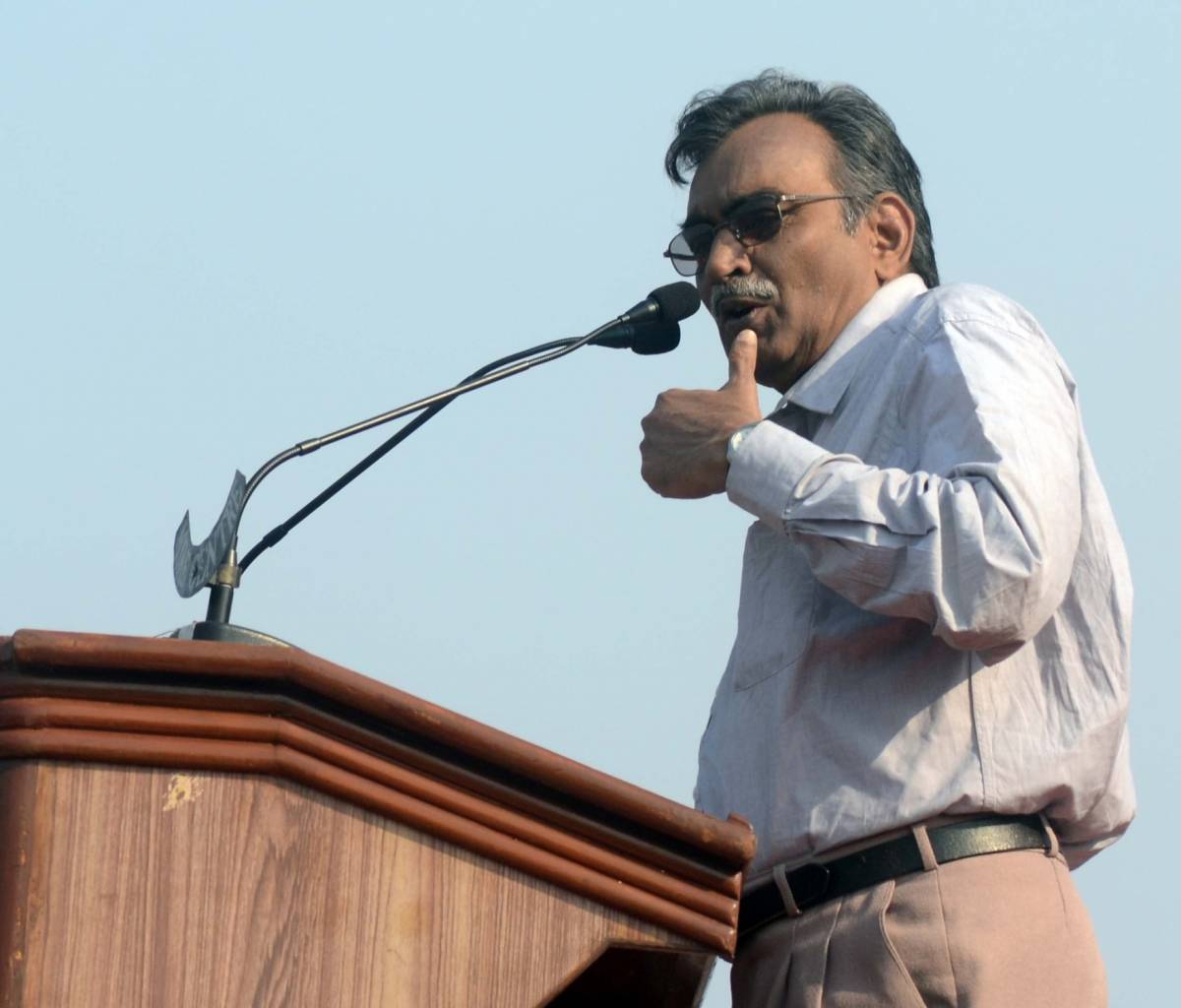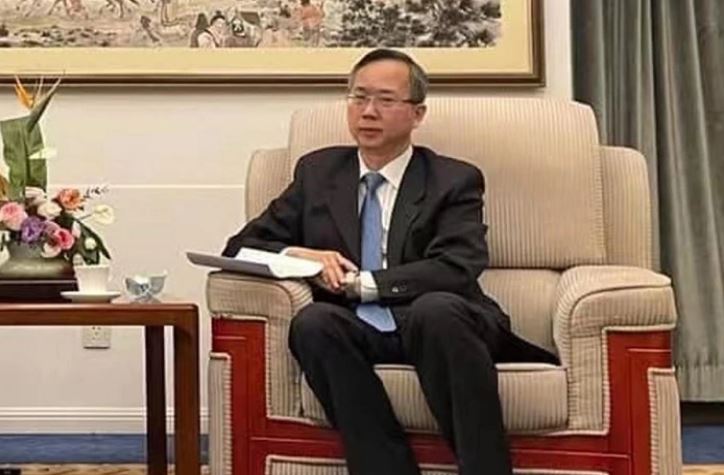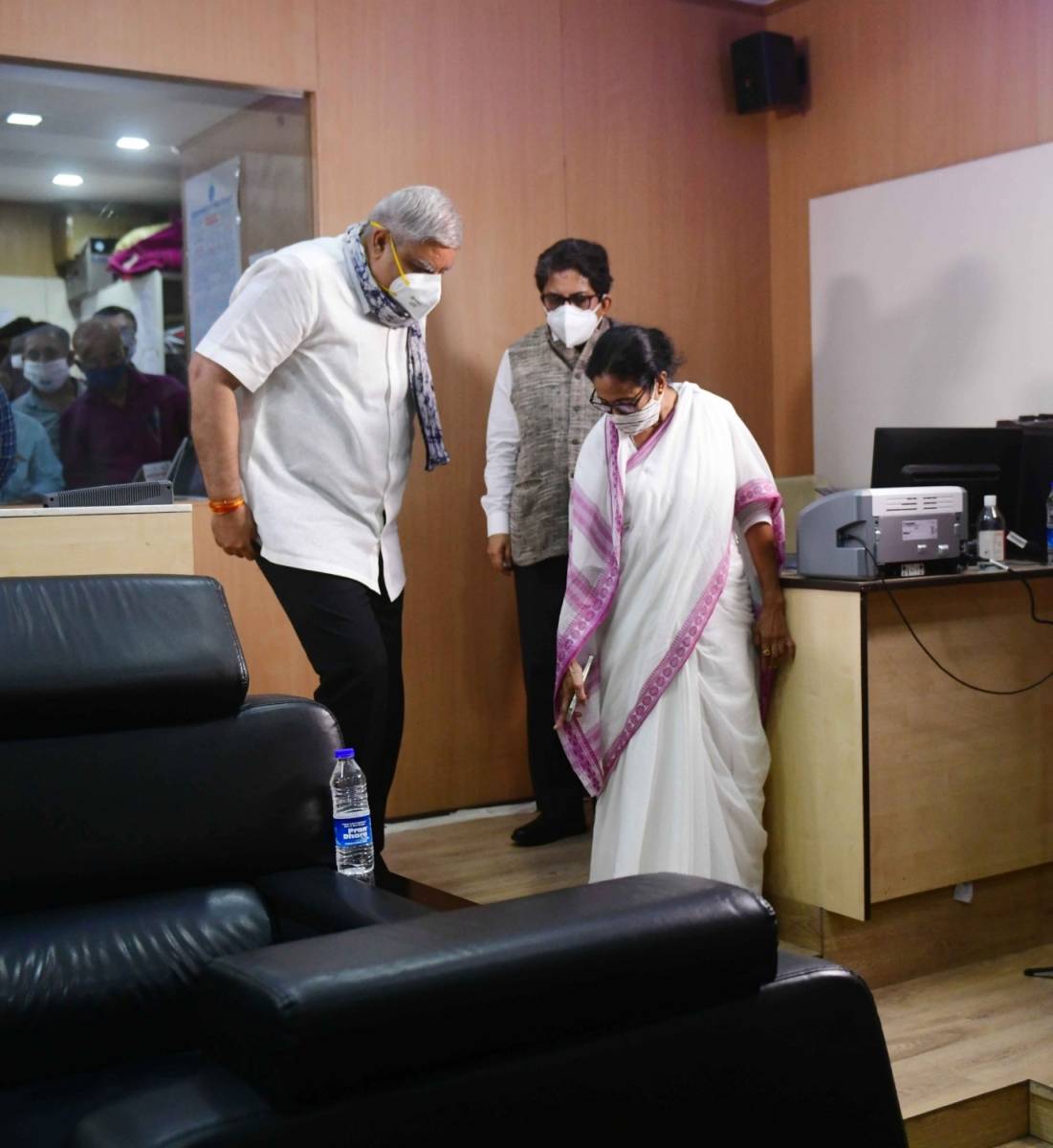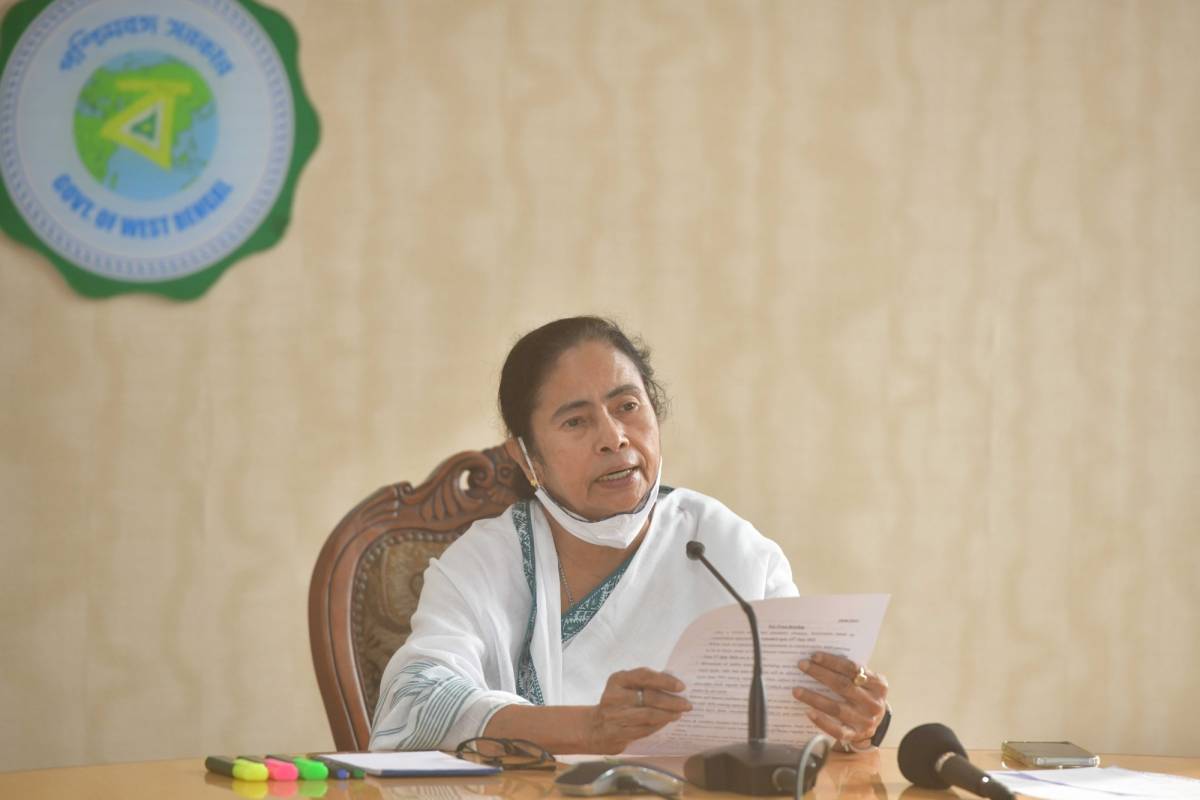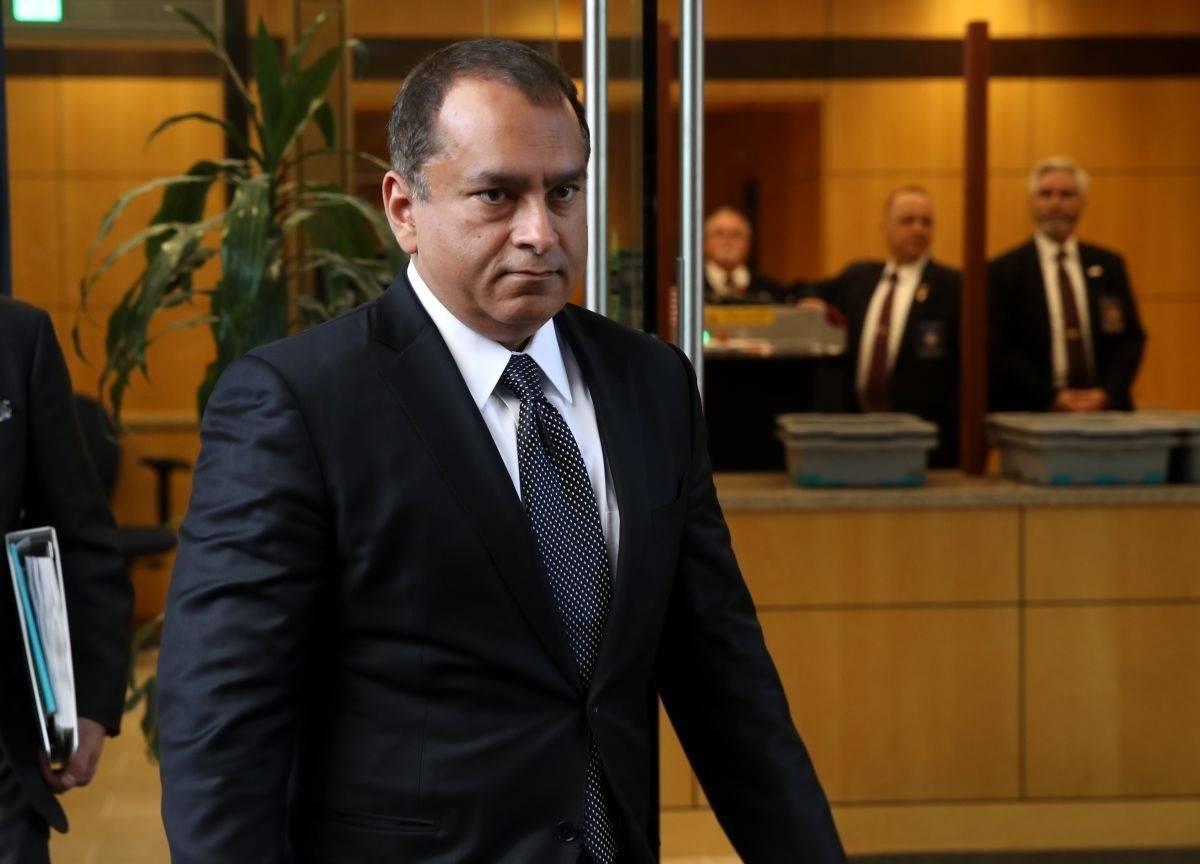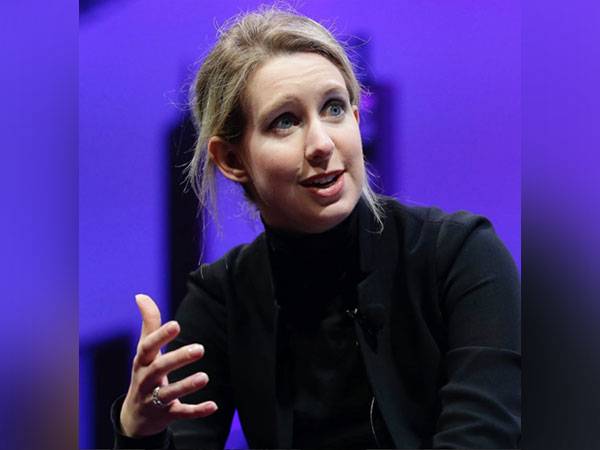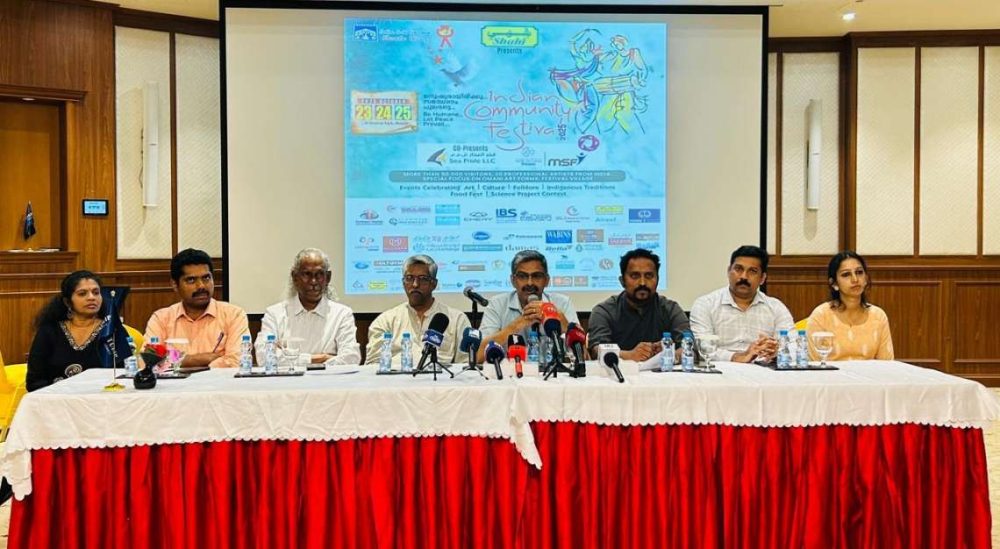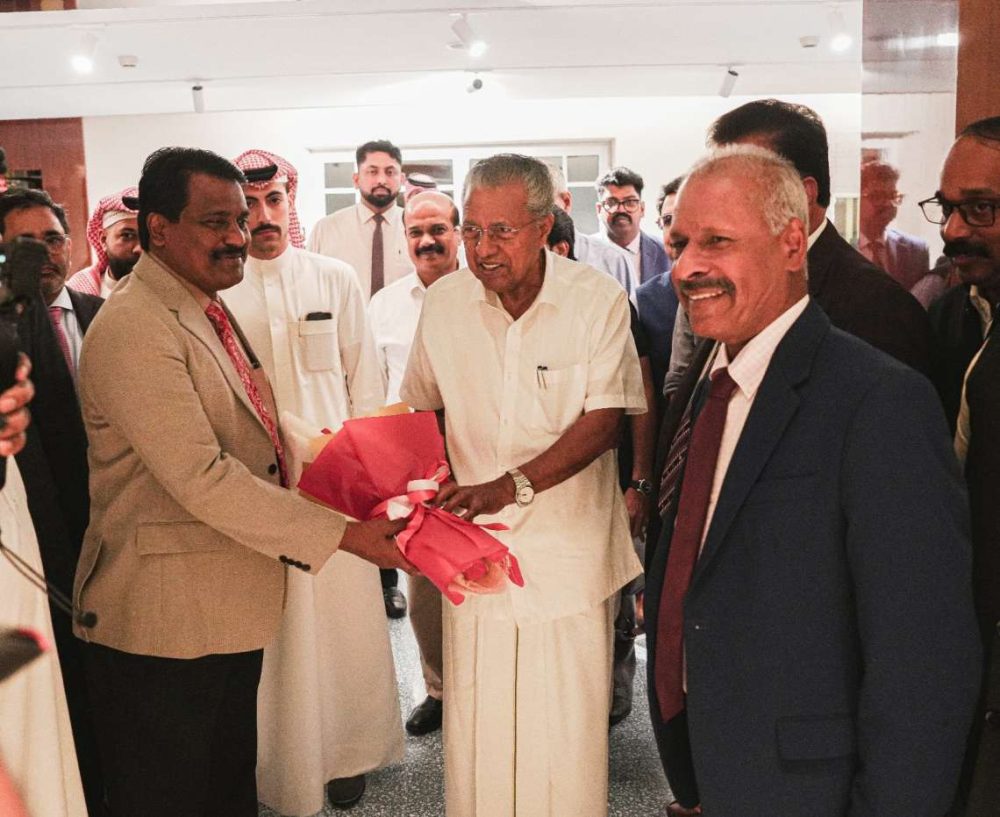This gives only a partial picture of the story, because the reasons behind the downfall of the Red empire is not only because of its failure to introspect or owning up the responsibility, but the crisis is much deeper…reports Saibal Gupta
With only few days to go before the 23rd party Congress at Kannur in Kerala, the West Bengal chapter of CPI(M) might have to go for a careful introspection to make it politically and electorally relevant for the forthcoming elections in the state, including the municipal elections this year and the Lok Sabha elections in 2024.
The year 2021 was a year of embarrassment for the CPM. Since Independence, it was the first time that CPM failed to send a single representative to the state legislative Assembly. In the Assembly elections held last year, the Communist Party of India (Marxist)-led Left Front failed to win even a single seat.
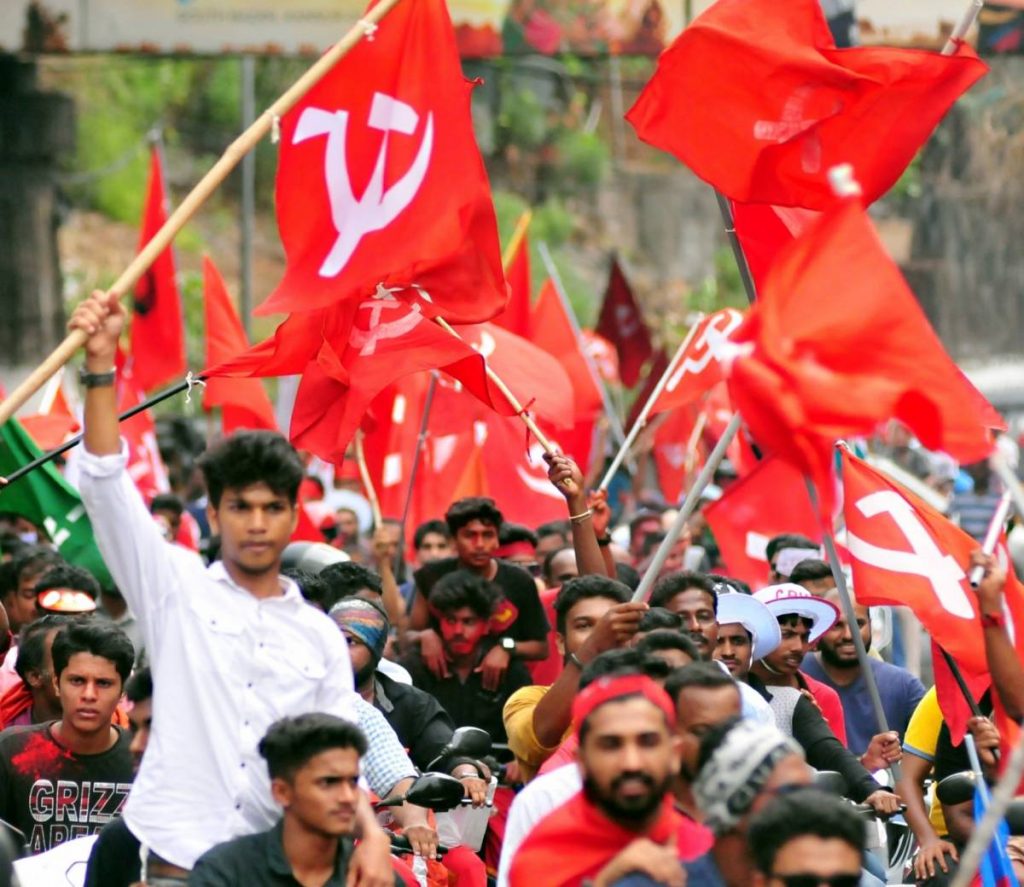
The Left Front lost a deposit in 158 of 177 seats it contested. And it didn’t end here. In only four seats, the CPI(M) secured second position, the worst was seventh in the Darjeeling seat. A party, which uninterruptedly ruled Bengal for 34 years from 1977 to 2011 was reduced to zero in merely 10 years’ time.
In the 2019 Lok Sabha elections, the party’s vote share was a mere 6.28 per cent, and even then it failed to win a single seat. Two years later, the party’s vote share declined further to 4.7 per cent. How did this happen?
Though many leaders of the Left parties and political commentators have publicly said that the biggest issue with the CPI(M) leadership is that they continue to introspect but don’t do much-needed course correction. Even after their consistent electoral failures, not a single party leader took responsibility.
The party’s top leaders, CPI(M) state secretary Surjya Kanta Mishra, Left Front chairman Biman Bose, and other politburo members from Bengal like Md Salim, Hannan Mollah and Nilotpal Basu, observers say, made no efforts to revive the party and strengthen the organisation in Bengal.
This gives only a partial picture of the story, because the reasons behind the downfall of the Red empire is not only because of its failure to introspect or owning up the responsibility, but the crisis is much deeper.
The Left Front started to lose its ground from 2008 when Trinamool Congress — riding on its success of Singur and Nandigram — won the all-important Zilla Parishads in East Midnapore and 24-Parganas (South), two districts having a large number of parliamentary and assembly constituencies.
Of the 18 districts of West Bengal, though the Left front has captured 13 Zilla Parishads and the Opposition, including the Congress and Trinamool Congress, have won five, but indications are strong that Left is fast losing its grounds in the rural belt, particularly among the peasants.
The Left’s vote share had plunged to 52 per cent from the earlier highs of close to 90 per cent in the polls. This defeat was followed by the Trinamool Congress, headed by Mamata Banerjee, winning 19 out of 42 seats in the Lok Sabha elections in 2009 (the most by a single party), before dismantling the Left in the Assembly elections of 2011.
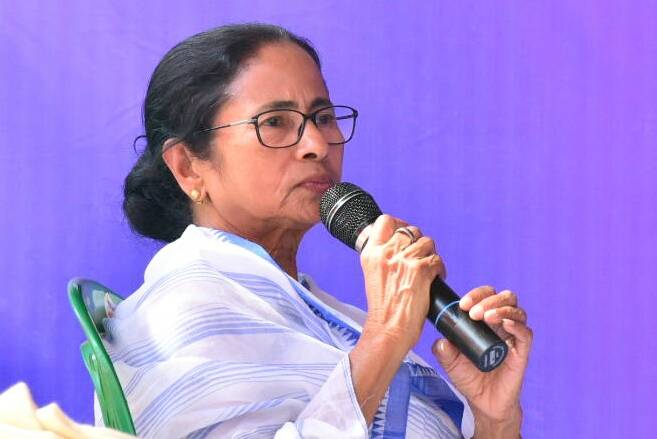
Despite Left-Front’s campaign — ‘Krishi amader bhitti/Shilpa amader Bhobisyot’ (Agriculture is our base/Industry is our future) — the CPI(M)-led Left has lost its base among the peasantry; its alliance with the Congress was counterproductive; it lost Hindu votes to BJP and Muslim votes to Trinamool; and now, by allying with a Muslim cleric, it has lost its principled stand on religion and politics, reducing it to political minnows in a span of just 10 years.
Another major problem that CPI(M) is facing is the leadership crisis. After Harkishan Singh Surjeet’s exit from the post of general secretary, the CPI(M) was first led by Prakash Karat and now by Sitaram Yechury. And as it happened, when put to test, the party’s national leadership failed as far as the party’s electoral fortunes are concerned.
At the state level, after 2011, a political void has marked Bengal’s CPI(M) leadership. Buddhadeb Bhattacharjee’s departure from active politics has not led to the emergence of fresh leaders. Bose, Salim or Mishra hardly has any political capital on the ground. The workers on the ground don’t have much faith in their leaders.
The party seems to have realised this. In the last Assembly polls, it had fielded young leaders. Students Federation of India (SFI) leader Pritha Tah (29) contested the Assembly polls from Bardhaman Dakshin. Srijan Bhattacharya (27) contested from the high-profile constituency of Singur. Democratic Youth Federation of India’s (DYFI) state president Minakshi Mukherjee (33) contested from another keenly-watched constituency, Nandigram.
Sitting JNUSU president Aishe Ghosh (26) contested from Jamuria constituency in Paschim Bardhaman. Former JNUSU leader Dipsita Dhar (28) contested from Howrah’s Bally constituency. Apart from these, there are other young candidates like DYFI state secretary Sayandeep Mitra who contested from Kamarhati, SFI state president Pratikur Rehman who was the candidate from Diamond Harbour and Saptarshi Deb from Rajarhat Newtown.
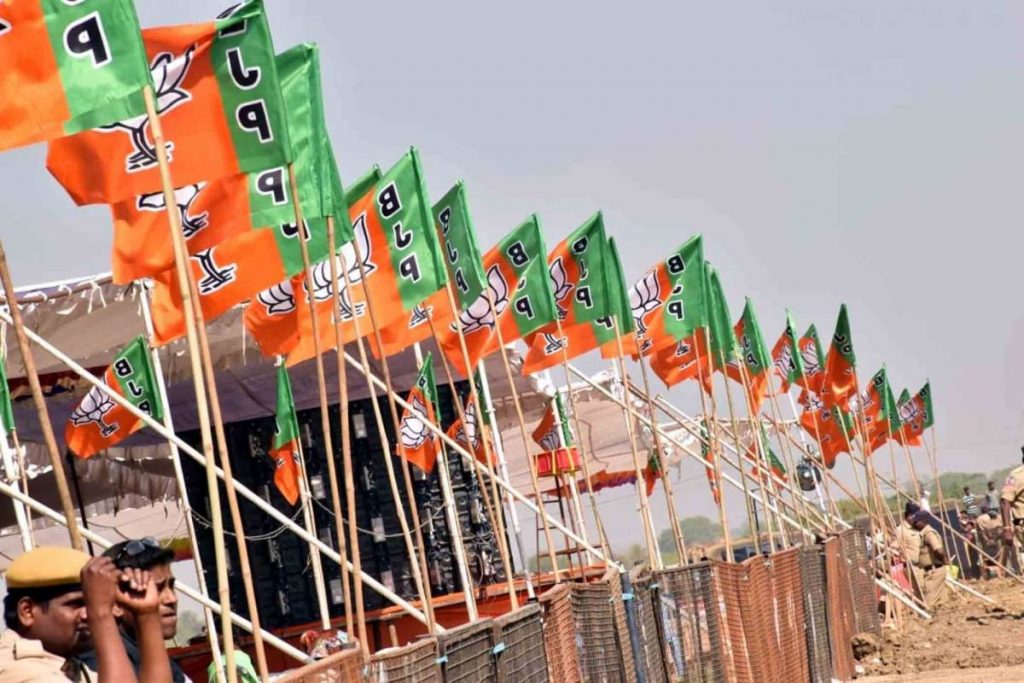
Although all of them lost the elections, a majority of these young leaders performed better than their seniors and polled more votes. Political commentators believe the need of the hour is to bring in some radical changes in the CPI(M).
The result was imminent. In the Kolkata Municipal Corporation elections, the Left finished ahead of the BJP by securing 11.87 per cent votes as against the saffron party’s 9.19 per cent. The BJP’s comparative vote share was 6 per cent below 2015, and 20 per cent less than the Assembly polls. The Left received 13 per cent fewer votes compared to the 2015 civic polls but 7 per cent more than what it managed in the Assembly elections.


